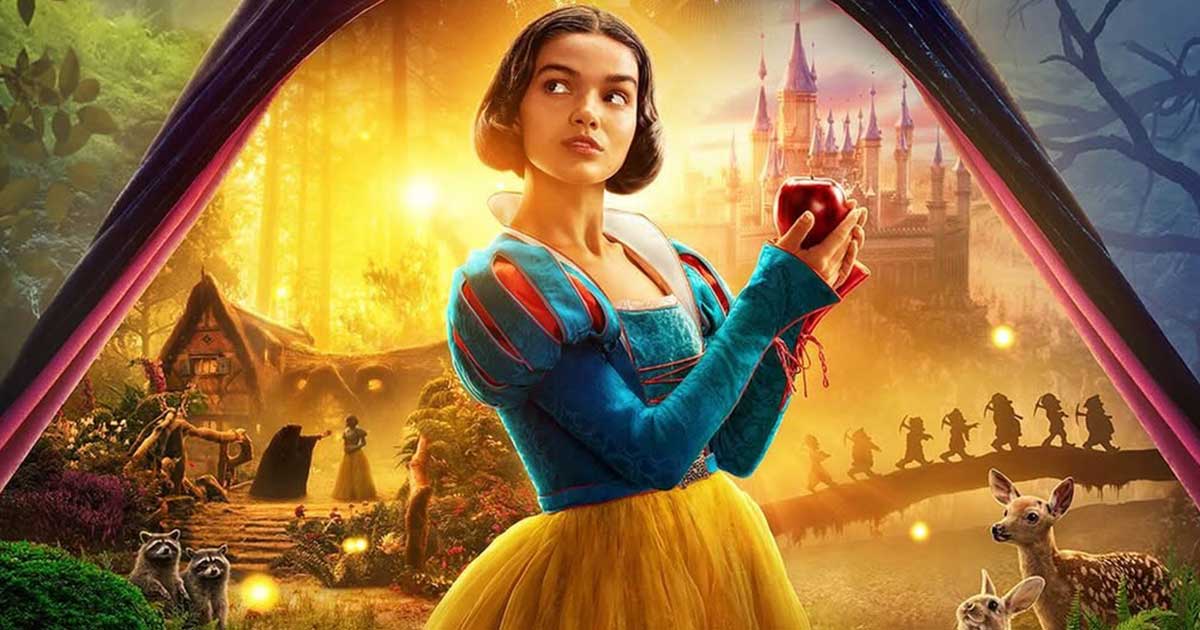Written by @ShortyRocNYc
Disney's highly anticipated remake of the classic animated film "Snow White" has been met with a resounding thud at the box office and a barrage of negative reviews, quickly earning the unwanted title of the worst-rated Disney release of the decade. The film's global ticket sales have fallen significantly short of expectations, and its IMDb rating has plummeted to a dismal 1.7 out of 10, signaling a profound disconnect between the studio's vision and audience reception. This disappointing performance has ignited a firestorm of online criticism, with many commentators decrying the film as laden with "woke propaganda" and blaming changes to the original storyline and character portrayals for its failure.
Adding fuel to the controversy, Jonah Platt, the son of the film's producer Marc Platt, publicly criticized the lead actress, Rachel Zegler, for injecting her personal political views into the movie's promotional campaign. This internal dissent highlights the growing tension surrounding the film's direction and the impact of Zegler's outspokenness. Critics point to Zegler's past remarks regarding Trump supporters and her defense of the film's modern reinterpretations as key factors contributing to the backlash. These comments, amplified across social media, appear to have alienated a significant portion of the potential audience even before the film's release, creating a climate of negativity that proved difficult to overcome.

The core of the criticism revolves around perceived alterations to the beloved fairy tale. Many viewers have expressed dissatisfaction with the reimagining of Snow White's character and the depiction of the seven dwarfs, among other changes. These alterations, framed by some as an attempt to modernize the story and align it with contemporary social values, have been interpreted by others as a betrayal of the original's charm and essence. This sentiment is echoed by media personalities like Sky News contributor Caroline Marcus, who specifically cited Zegler's controversial statements and the deviations from the traditional narrative as primary reasons for the film's overwhelmingly negative reception and poor performance.
Comedian Alex Stein further amplified the criticism, drawing attention to the film's abysmal box office numbers and directly criticizing Rachel Zegler's behavior and public pronouncements. The sentiment expressed by Stein and many online commentators suggests a growing fatigue with what they perceive as the imposition of contemporary political ideologies onto established entertainment properties. This backlash underscores the delicate balance studios must strike when attempting to update classic stories for modern audiences, highlighting the potential for alienating the original fanbase if the changes are perceived as too drastic or politically motivated.

Despite the widespread condemnation and the film's commercial failure, reports emerged of Rachel Zegler attending a screening of "Snow White" in an otherwise empty cinema. This image, whether intentional or coincidental, serves as a stark visual representation of the film's disappointing reception. The controversy surrounding the remake serves as a cautionary tale for Disney and other studios, emphasizing the importance of respecting the source material and carefully navigating the complexities of modernizing beloved stories without alienating the core audience. The "Snow White" debacle will likely spark further discussions within the entertainment industry regarding creative choices, casting decisions, and the role of actors' public personas in the success or failure of major film releases.
Comments